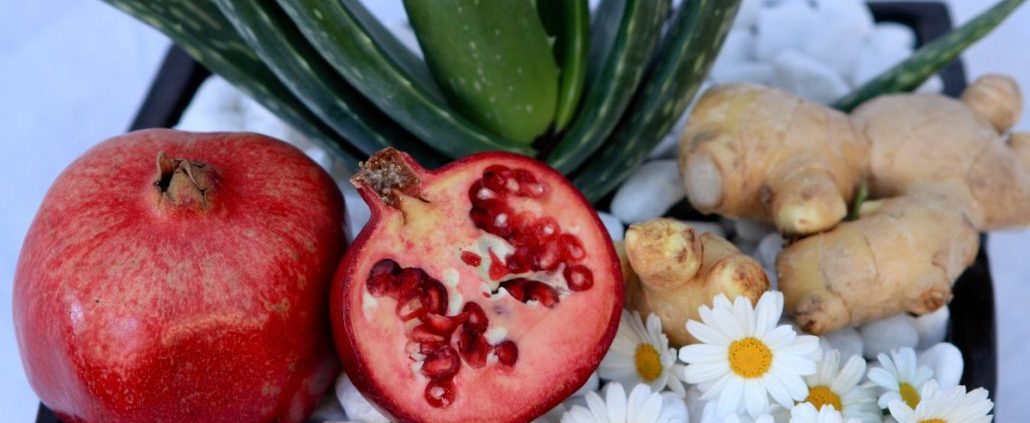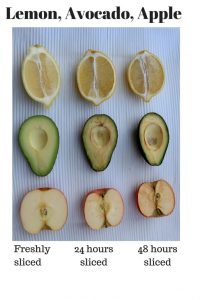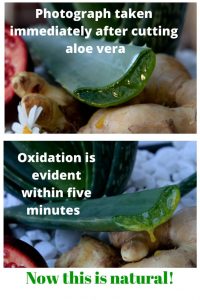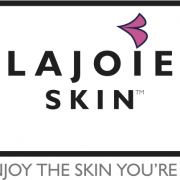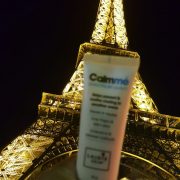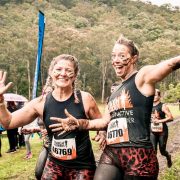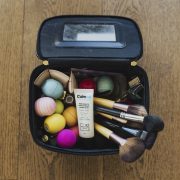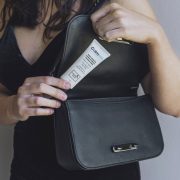Is it natural? Facts behind “natural” and “organic” claims.
Is that product natural?
The most commonly asked question with respect to skincare, food and drink products.
I can provide you with the tools and then you can make up your mind.
I will answer this question firstly wearing my glam marketing beret, then wearing my not so glam science hat.
Marketing perspective:
The word “natural” can be claimed when a certain percentage of ingredients contained in the product, were once originally sourced in nature. Naturally derived ingredients undergo a manufacturing process before they can be included into a final product.
Once an ingredient has been processed, does this detract from its natural origins?
Just because a product claims that it is “natural” or “organic,” does not mean that it is free of other synthetic chemicals and preservatives.
If the front of the pack claims “natural” or “organic,” then read the back of the pack. If you see an ‘ingredients list’ on the back of a pack, then you have the answer to the question, “Is it natural?”
Scientific perspective:
Now lets look take a look from a scientific perspective. Think of when you last sliced an avocado or an apple. How long did it take before it started to go brown? The browning of the apple is similar to metal rusting and this process is called oxidation.
Oxidation is a chemical reaction that takes place when a substance combines with oxygen.
Within a couple of seconds upon slicing a vegetable or a piece of fruit, oxidation begins. Placing fruit or vegetables into a fridge will slow the oxidation time, but it will not stop the oxidation process.
A lemon, avocado and an apple were sliced at the same time and over a period of 48 hours.
The photograph below illustrates the oxidation.
Once an apple or a avocado is sliced the browning is noticeable within seconds. As for a lemon, oxidation is noticeable after 48 hours. Without preservatives all products whether they are cosmetics, fruits or vegetables will oxidise and spoil. To slow down the process of oxidation you can use a natural preservative, like lemons. But eventually even a lemon will oxidise and spoil. When products or unused fruit and vegetables spoil, they end up being wasted and unsafe.
Safety and efficacy
Sometimes 100% natural ain’t so great. Just because a product claims that it is natural does not mean that it is safe.
Marijuana is natural, but it can induce psychosis in some people. Grass is natural, yet I am allergic to its pollen. Poison Ivy is a natural poisonous flowering plant which can cause sever itching, red and swollen skin.
Plants and flowers have inbuilt chemical defences to protect themselves. Apple seeds contain a plant compound known as amygdalin. Amygdalin is found in the seeds of fruits in the rose family, including apples, almonds, apricots and peaches.
Amygdalin is a part of the seed’s chemical defences. When the seeds are intact, amygdalin is harmless. Amygdalin degrades into hydrogen cyanide when the seeds are damaged. Hydrogen cyanide is very poisonous and even lethal in high doses.
Now please don’t be afraid of consuming apples, apples seeds aren’t tasty enough to mistakenly consume a lethal dose.
I am just trying to highlight the point, that just because an ingredient is natural it may not be safe or free from side affects and just because an ingredient is not natural (synthetic), does not mean that it is not safe.
FDA: US Food and Drug Administration
“Are cosmetics made with “organic” ingredients safer for consumers than those made with ingredients from other sources?
No. An ingredient’s source does not determine its safety. For example, many plants, whether or not they are organically grown, contain substances that may be toxic or allergenic.”
TGA (Therapeutic Goods Administration) Australia
Natural doesn’t mean safe
The Therapeutic Goods Advertising Code (No.2) 2018 prohibits claims that are misleading. Care must be taken to ensure that using the term ‘natural’ does not imply that a product is safe, safer than other products or that excessive use cannot cause harm.
Natural skincare product ingredients
If you are keen to create your own 100% natural skin care products, then begin with an organic vegetable garden. Remember, the word “organic” means no pesticides or any other synthetic additives.
You can make your own skincare products with a variety of produce. To begin with cucumbers have historically made great eye masks. Avocados make rich moisturisers. Lemons are a natural astringent. Egg whites, from free range chickens, are great for facial masks. These are just a few examples of ‘truely natural’ ingredients, that can be used to make your own skincare products. But please bear in mind, that this can increase your chances of having an allergic reaction and you must use them immediately before they go off.
The key to an organic vegetable garden
Before you begin sowing your seeds, check that no nasties are present in your vegetable garden. Toxins can leach into the soil of gardens that are located next to major roads. Planes release toxins which can fall into gardens that are located below their flight paths.
For those living in Australia, you can check whether your soil is free of toxins, like lead and zinc. Macquarie University has a community science programme run which can test your soil. Check out their website, http://research.science.mq.edu.au/vegesafe/.
Sustainability – Long Lasting
Finally, it is imperative that products are not only safe, but they must also be sustainable.
Sustainability is not just about trying to preserve our natural environment. Sustainability is also about making wise choices in the products that we purchase. We need to make sure that products are not being wasted because they have gone off. Or that the product is so diluted with water, that you need to use bucket loads of it to make it work.
There needs to be a balance between ingredients that are sourced in nature and their synthetic counterparts that are produced in a laboratory. We need to take into consideration what is genuinely good for us and what is good for our environment.
Basically, everything in moderation.
Sharpen your nose, as the nose, knows!
Daphne K Knows
(First published via Daphne K Knows blog)
We do not inherit the Earth from our Ancestors, we borrow it from our Children.
Native Indian Proverb.
For further reading on this topic, check out the following links:
- https://www.tga.gov.au/therapeutic-goods-advertising-ensuring-natural-claims-are-not-misleading
- https://www.choice.com.au/health-and-body/beauty-and-personal-care/skin-care-and-cosmetics/articles/natural-and-organic-cosmetics
- https://www.legislation.gov.au/Details/F2008C00244
- http://ec.europa.eu/DocsRoom/documents/13179/attachments/1/translation
- https://www.medicalnewstoday.com/articles/318706.php
- https://www.who.int/news-room/fact-sheets/detail/natural-toxins-in-food

